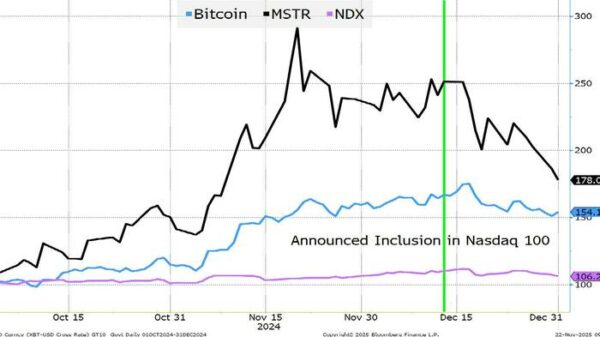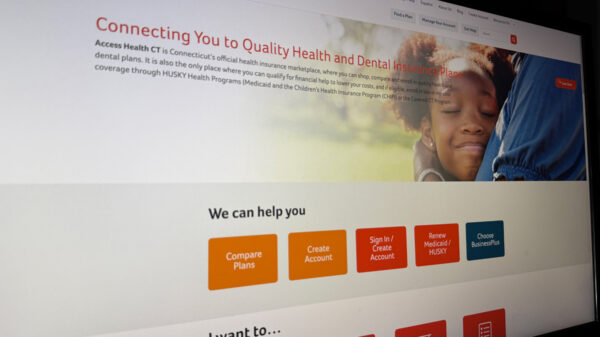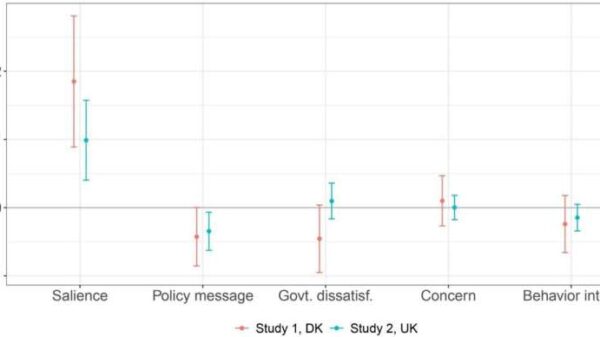A recent letter to the editor has sparked significant discussion regarding the status of registered nursing as a recognized profession. The letter emphasizes that registered nurses play a critical role in the healthcare system, influencing patient outcomes and overall community health. This call to action comes as various stakeholders in the health sector push for greater recognition of nursing as a vital professional field.
Registered nursing is not merely a job; it is a profession that requires extensive education, training, and a commitment to patient care. According to the Global Health Organization, there are approximately 27 million registered nurses worldwide, underscoring the importance of this profession in maintaining health standards and providing essential medical services.
Importance of Recognition
The letter argues that recognizing nursing as a profession is crucial for several reasons. First, it enhances the credibility and respect of nurses, which can lead to improved job satisfaction and retention rates. Furthermore, a stronger professional identity empowers nurses to advocate for their patients effectively and influence healthcare policy.
Organizations like the Nursing Association have long championed the idea that registered nurses should be viewed as professionals on par with other healthcare providers. This perspective is supported by data showing that regions with higher ratios of registered nurses to patients tend to have better health outcomes. For instance, in countries like Canada and Australia, a robust nursing workforce has been linked to lower mortality rates and improved patient satisfaction scores.
Challenges and Opportunities
Despite these advantages, registered nurses frequently encounter challenges that undermine their professional standing. Issues such as inadequate staffing, limited resources, and varying educational requirements across regions can hinder the effectiveness of nursing practice. The letter highlights the need for a unified approach to nursing education and regulation to ensure that all registered nurses meet high professional standards.
The call for recognition also coincides with ongoing discussions about healthcare reform globally. As health systems adapt to new challenges, the role of registered nurses becomes even more critical. For instance, the COVID-19 pandemic has underscored the necessity for well-trained, professional nurses capable of responding to public health crises.
In light of these developments, it is essential for healthcare providers and policymakers to engage in meaningful dialogue about the future of nursing. By elevating the status of registered nursing, stakeholders can foster a more effective healthcare delivery system that prioritizes patient care and safety.
Ultimately, acknowledging registered nursing as a profession not only benefits the nurses themselves but also enhances the overall health of communities. As the letter suggests, the time has come for a collective effort to advocate for the recognition and support of registered nurses worldwide.




































































